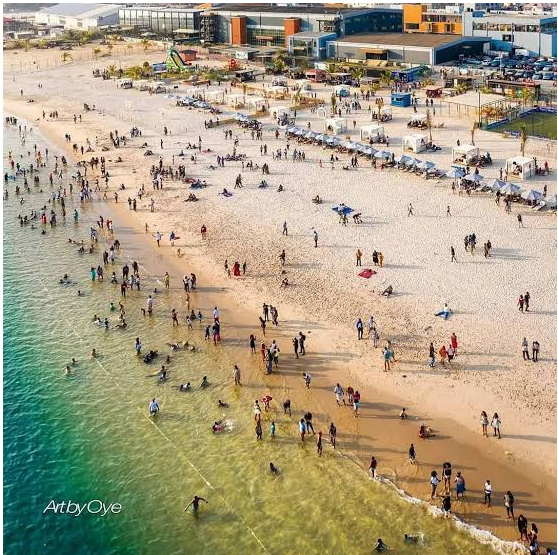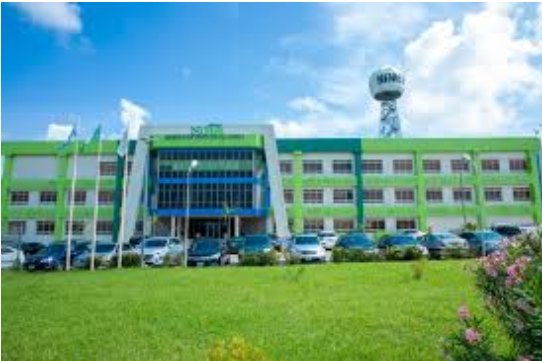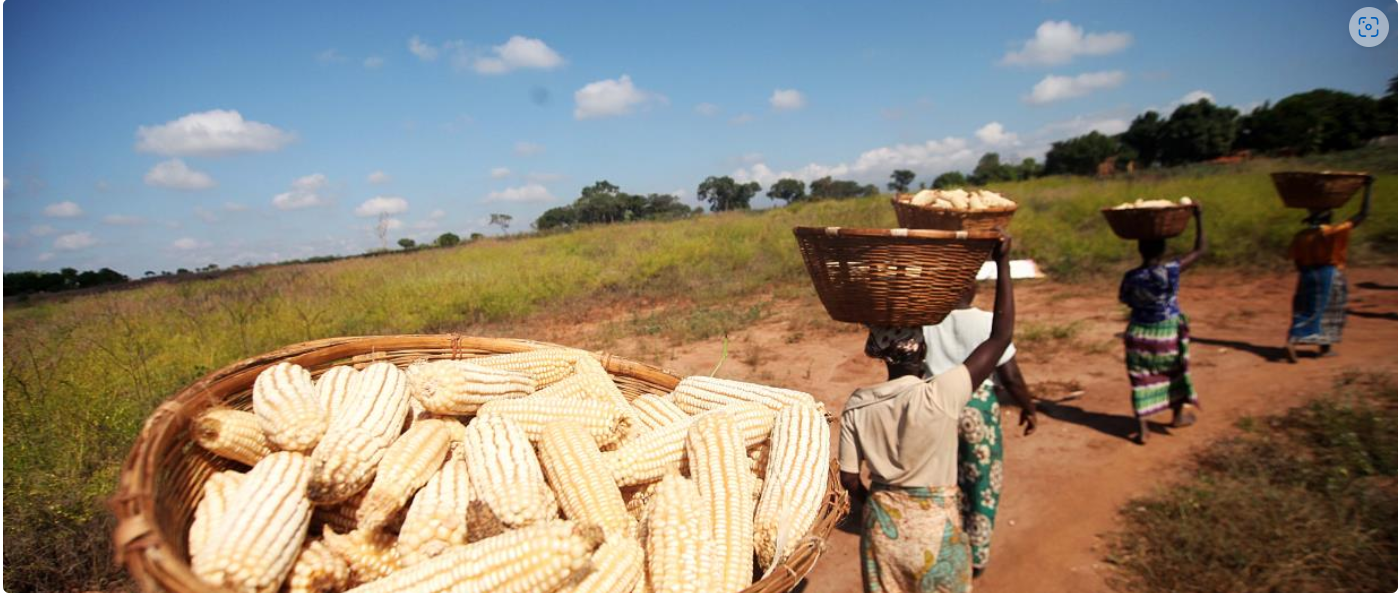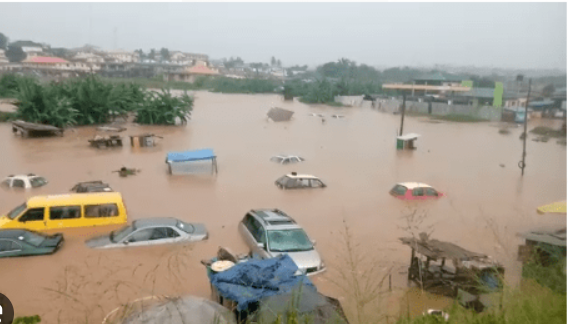By Jemimah Wellington, JKNMedia Reporter
THE SERENE beaches and vibrant businesses of Lagos State face a precarious future as the state government’s ambitious coastal road project takes centre stage.
The $200million Landmark Beach Resort (LBR), a cherished tourist destination, now stands at risk of demolition to make way for the 700-kilometer coastal road linking Lagos to Calabar.
This move has triggered alarm bells among locals, investors and environmentalists alike, raising concerns about the broader implications for economic stability, tourism and ecological balance.
Owned by an entrepreneur, Paul Onwanibi, the LBR is not merely a commercial venture but an integral part of Lagos’ cultural and economic fabric.
Boasting over 80 businesses and supporting more than 4,000 jobs, the resort contributes significantly to the local economy, generating over N2 billion in taxes annually.
Its appeal as a tourist hotspot draws millions of visitors annually, both local and international, making it a cornerstone of Nigeria’s tourism industry.
However, the recent demolition warning issued by the Lagos State government has cast a shadow over the resort’s future.
Despite Onwanibi’s investment dating back to 2007, the proposed coastal highway threatens to erase years of progress and investment, jeopardizing not only the resort’s visibility but also the livelihoods of thousands dependent on it.
The potential demolition of LBR sends ripples of concern throughout the business community both at home and abroad. International and local investors, including members of the Landmark Group, are reevaluating their commitments amid fears of losing their investments.
The loss of such a significant tourist hub, observers note, would not only dent investor confidence but also undermine Nigeria’s appeal as a destination for foreign investment.
Moreover, the environment impact of the coastal road project cannot be overlooked. Beyond the immediate loss of the resort, the destruction of beaches and coastal ecosystems poses a grave threat to biodiversity and natural habitats.
Without adequate protection measures, the delicate balance of marine life and ecosystems along the coastline could suffer irreparable damage, impairing the effects of climate change and endangering coastal communities.
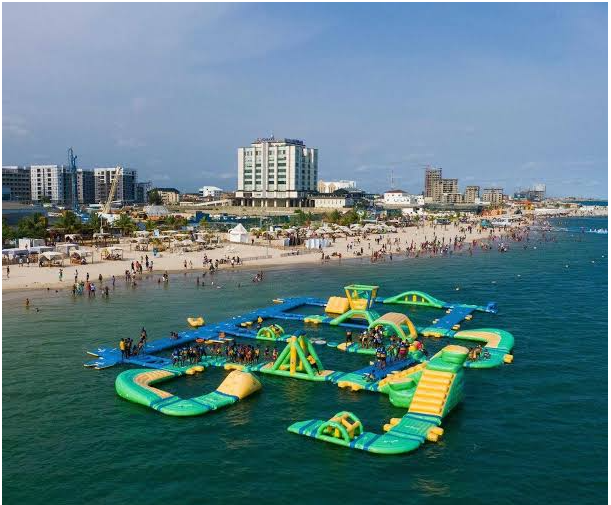
While the Lagos State government cities the need to clear “illegal” structures along the proposed route, the sweeping measures risk alienating both businesses and residents who have long contributed to the state’s development.
Calls for greater transparency and dialogue between stakeholders have grown louder, urging authorities to reconsider their approach and explore alternative solutions that balance development with environmental.
As the coastal road project gains momentum, the fate of LBR hangs in the balance, symbolizing the broader tensions between development and environmental conservation.
Onwanibi said the urgency to address these issues cannot be overstated, as the decisions made today will shape the future of Lagos and its communities for generations to come. And in navigating this delicate balance, stakeholders, he said, must prioritize sustainable development practices that safeguards both the prosperity of businesses and the integrity of our natural heritage.


